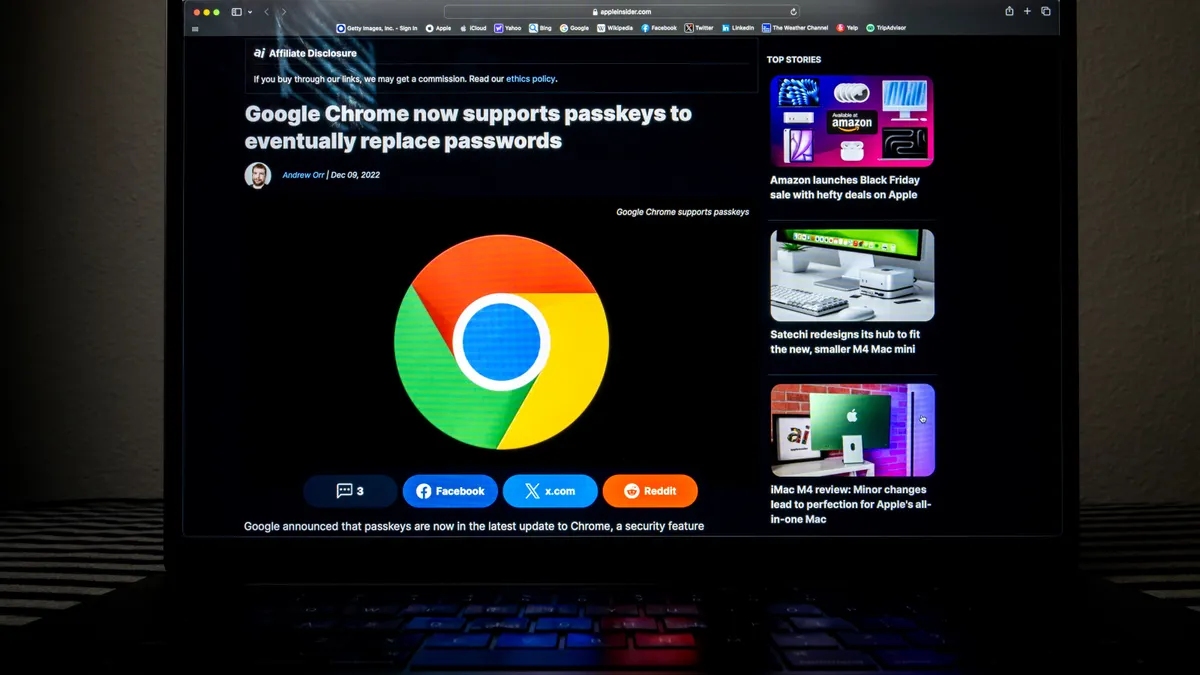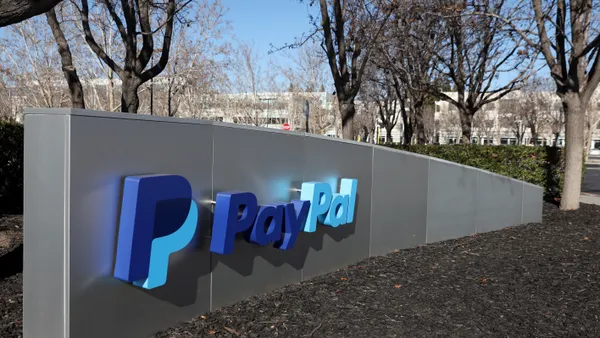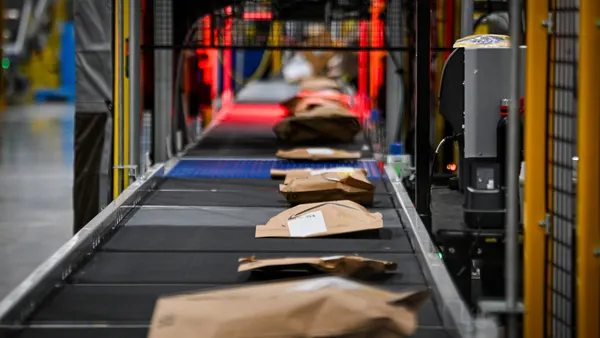Search behemoth Google is deepening its relationship with companies like Wise, Affirm and Klarna as it seeks to make a broader payments play.
The tech titan said this week that it will incorporate remittance services into its digital wallet and buy now, pay later options into the autofill function in its signature Chrome web browser in a bid to make paying easier for shoppers.
Google said in a blog post Tuesday that it will “soon” allow its Google Pay users to send cross-border payments through remittance providers like Ria Money Transfer, Xe and Wise.
Google will also let Chrome browser users add BNPL information to autofill for online purchases, the blog post said.
These moves are all about reducing friction in the payment process and ensuring more consumers complete transactions, according to consultants who follow the payments industry.
“Everything is about the path of least resistance,” Cliff Gray, principal at advisory firm Gray Consulting Ventures, said in an interview. “How many consumer purchases do companies lose because a person is on the site and they can’t find their wallet?”
Google’s announcement Tuesday also came the same day that artificial intelligence start-up Perplexity made a long-shot offer to Google’s parent, Alphabet, to buy the Chrome web browser for $34.5 billion.
Chrome’s autofill lets users save their credit card information to avoid repeatedly entering the card numbers when making separate purchases. BNPL players Affirm and Zip are now autofill options and Klarna and Block-owned Afterpay are coming soon, the blog post said, although it did not provide a more precise timeline.
Google has already partnered with BNPL players in other ways. Afterpay and Klarna, for example, are among the options on Google Pay.
Klarna’s payment services will be added to Chrome’s autofill function later this year, the company said in its own news release. A spokesperson for Klarna said it would happen “in the coming months.”
A spokesperson for Block did not immediately respond to requests for further comment.
Google Pay users will at first be able to send remittances only to India, Brazil, Mexico and the Philippines, according to Google's blog post. Payments processing giant Stripe — which has a dual headquarters in Dublin, Ireland and San Francisco — will process the transactions, the blog post said.
A Google spokesperson did not immediately respond to a request for more details about the timeline or answer questions about how Google benefits financially from these arrangements.
Adding buy now, pay later options to autofill is another move to make the process of paying more seamless, said Mike Strawhecker, president of consulting firm The Strawhecker Group.
“Automatically showing BNPL options enhances utility, encouraging more users to complete purchases,” Strawhecker said in an email.
In addition, Google is almost certainly making these moves with OpenAI in mind, said Tony DeSanctis, senior director of payments for the consulting firm Cornerstone Advisors.
The artificial intelligence company is preparing to release its own web browser to compete with Google Chrome, and the search giant wants to give people more reasons to use its own product, he said in an interview.
“That’s why Google is adding all of these tools,” he said. “They need to make Chrome more valuable.”














